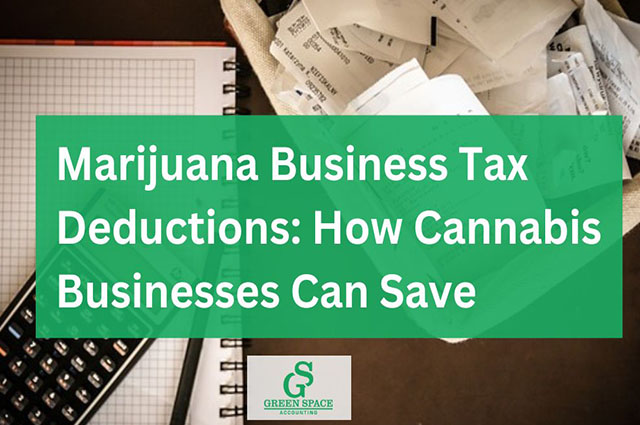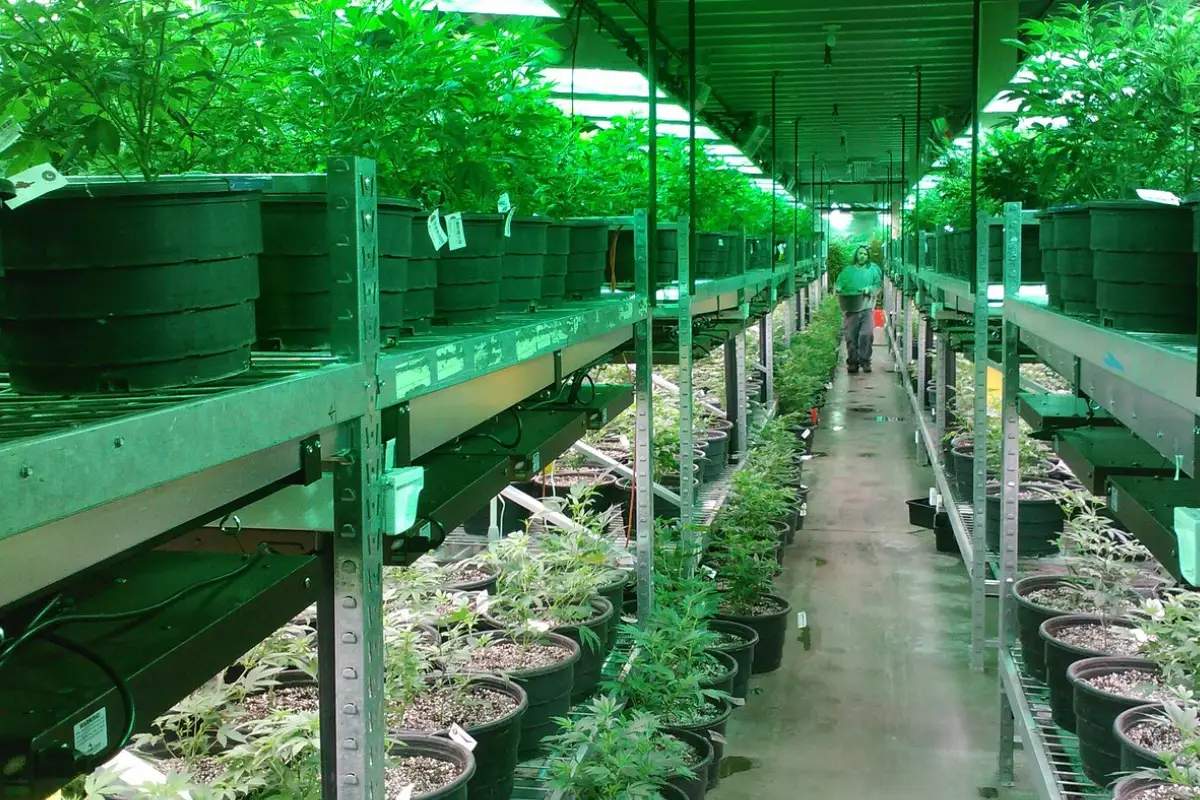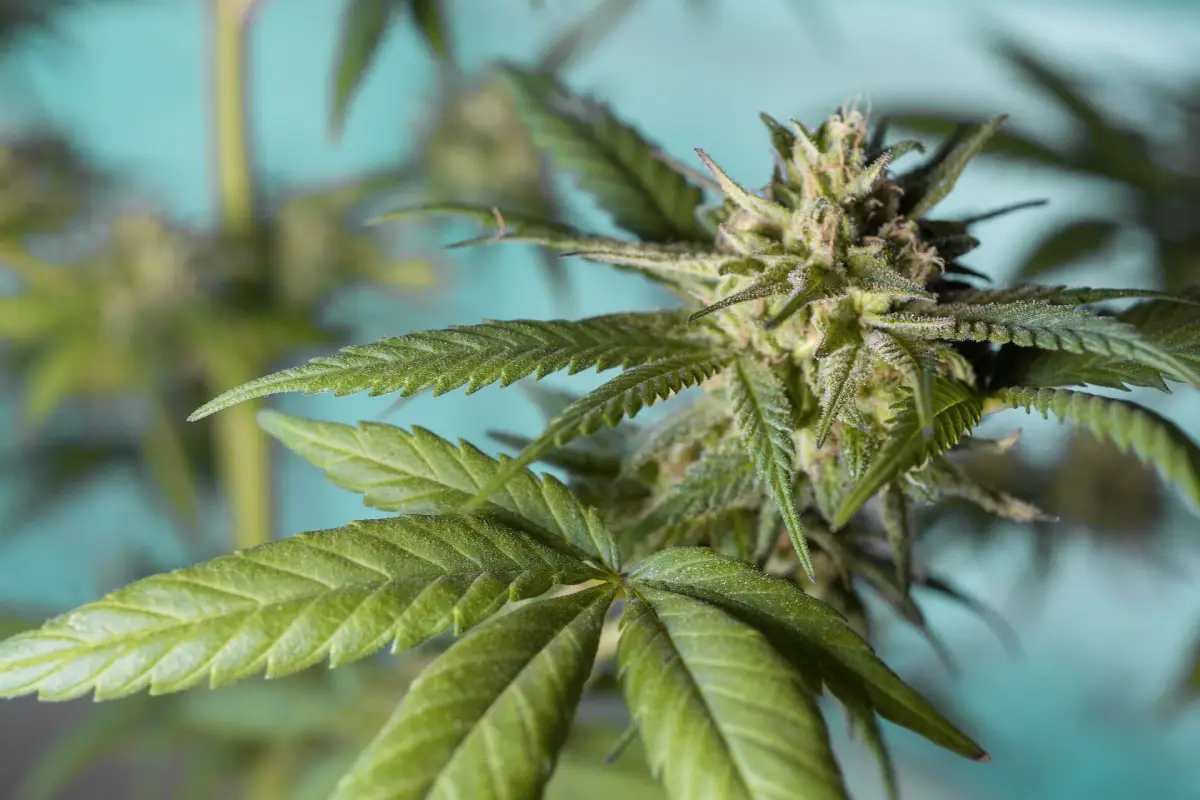
Marijuana businesses need to know the ins and outs of taxes, especially knowing what you can deduct from taxes. With the 280e rule, you can only deduct certain expenses that can enhance your tax liability.
Taxes are challenging enough to deal with and stay compliant. Understanding the costs or expenses you can deduct can make operating your cannabis business smoother.
We’ll jump into the specifics of marijuana business tax deductions so you can stay ahead in the industry and keep more money in than out.
Why Tax Deductions Matter for Cannabis Businesses
Marijuana business tax deductions matter to keep your business operating without having to pay too much to legal tax authorities. Cannabis companies have a higher tax rate to pay than traditional non-cannabis businesses since they deal with cannabis, a Schedule 1 substance drug.
As you know, cannabis regulations are always changing and someday we hope there’s more leeway in the legalization of cannabis. For now, we have to find ways to maximize finances and follow accurate regulations.
What Is IRS Code 280E?
IRS 280e code goes in-depth to tell you what you can and can’t deduct under business expenses. Essentially, you can’t deduct expenses having to do with the sale of the cannabis plant or normal overhead expenses like salaries, wages, and traveling. This is considered illegal drug selling and isn’t possible for deduction.
However, you can deduct expenses associated with producing the product, such as inventory costs. Thus, you can deduct your cost of goods sold (COGS) and nothing outside of these parameters. Getting to know the 280e loophole can put your business in a good position.
All About Cost of Goods Sold (COGS)
So what is considered cost of goods sold (COGS)? As we mentioned above, you can deduct the costs of your inventory which includes the following;
- Inventory
- Packaging
- Direct Labor
- Seeds
- Fertilizers
- Nutrients
- Utilities
- Testing
- Trimming
- Cultivation
- Harvesting
- Water
- Materials
- Processing
- Security
These are the marijuana business tax deductions you can take advantage of, come tax season that align with cannabis COGS. Depending on the type of cannabis business you run, you may have different deductibles you can take into consideration. For example, a marijuana dispensary tax deductible are utilities, storage, and security.
It’s best to work with accounting experts, especially ones specializing in the cannabis industry. Green Space Accounting can help you with the yearly tax process to ensure you maximize your finances.
How To Identify Your Cannabis Tax Deductions
When you want to deduct your expenses in your business, consider only deducting the costs associated with your inventory or the costs to produce the final product. This is cannabis inventory accounting at its’ finest. But you must know what you can’t deduct are;
- Advertising
- Marketing
- Rent
- Legal Fees
- Office Supplies
- Interest Payments
- Payroll (Non-COGS Employees)
- Insurance
- Meals & Entertainment
- Travel Expenses
- Administrative Costs
- Vehicle Expenses
- Depreciation
- Professional Services (Non-Production)
- Charitable Donations
These tax non-deductibles make the difference when you file for your taxes and calculate your finances.
So anything dealing with inventory costs are marijuana business tax deductions you can add during tax season.
Step-by-Step Guide to Finding COGS
- Inventory Costs: Basically, all you need is your cost of inventory like electrical, security, packaging, and others. This can vary on the business you run whether a growing cultivation facility or a testing facility.
- Direct Labor Costs: Direct Labor Costs can be deducted as part of Cost of Goods Sold (COGS), but only if they are directly related to the production or cultivation of the cannabis product. Anything like trimming, processing, and more.
- Production Overhead: Some costs can generally be included in the cost of goods sold (COGS) for cannabis businesses. But costs that aren’t associated with the production of the product aren’t deductible. What are marijuana business tax deductions include expenses directly tied to the production process, such as:
- Utilities (for the production facility)
- Rent (for production/cultivation space)
- Equipment depreciation (used in production)
- Security (for production facilities)
- Maintenance and repairs of production equipment
- Indirect labor (e.g., supervisors directly involved in production)
- Packaging and Shipping Costs: If the packaging is directly tied to the production process (e.g., packaging required to bring the cannabis product to its final form for sale), then it can be included in COGS and is deductible. However, shipping costs, such as the cost of delivering the finished cannabis products to customers or retailers, cannot be deducted. This is because these costs are considered post-production and fall under non-deductible expenses under IRS Section 280E.
Tips For Maximizing Your Marijuana Business Tax Deductions
With all this, there are tips that can further maximize your cannabis tax deductions so you can keep more money in than out.
Keep Good Records
It’s essential to keep good records of your finances from sales, expenses, other income, inventory going out and in, and more. For these, you should always keep your receipts, purchase orders, invoices, and related in a safe place. Ideally having an organized area of all records for each area of your business can make it easier to keep track and stay ahead.
Get Professional Help
If you don’t have enough time then you can consider working with a professional who knows the ins and outs of the industry. Our team of experts at Green Space Accounting can help you maximize your marijuana tax deductions all while ensuring your business remains compliant.
Do Regular Financial Check-Ins
It’s also helpful to do regular financial check-ins so you know where your business stands. Without doing check-ins, you can leave money on the table that can be detrimental to your business.
Stay Informed With Tax Laws
You also should stay informed of all tax laws and keep updated every month to every year. Tax laws in the cannabis industry are always subject to change with new regulations being met every year. Each state has its own regulations that can change, which is why also knowing your state’s regulations is important to remain compliant.
Start Taking Action Today
For those seeking professional help, you can work with cannabis accounting experts in the industry. At Green Space Accounting, we can maximize your marijuana tax deductions and ensure you deduct the right expenses that comply with your state’s regulations.
We are experienced accounting professionals with several years under our belt. We’ve helped dozens of businesses handle their accounting needs and we can do the same with yours.
Consult with us today.







